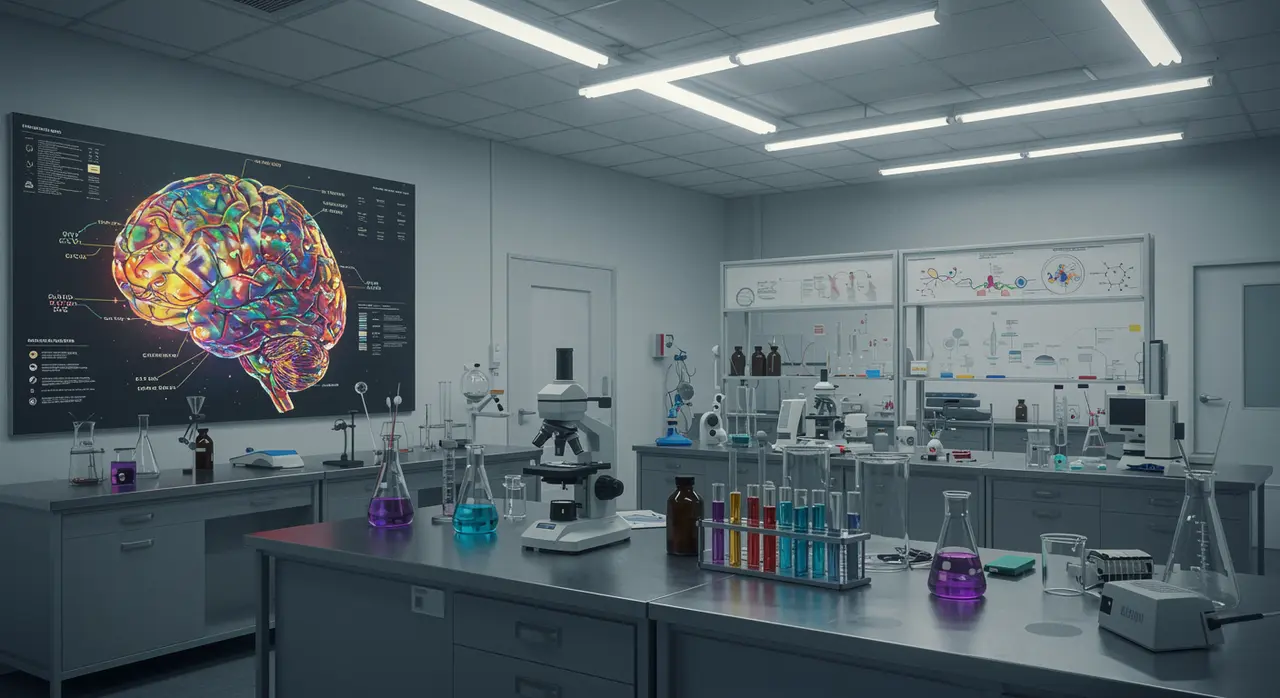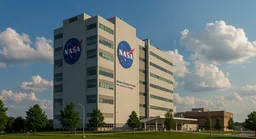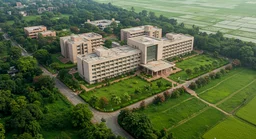The Psychedelic Debate: Healing Minds or Reshaping Brain Chemistry?
34 views
Researchers are delving into the enigmatic world of psychedelics, exploring substances like LSD and psilocybin as potential breakthroughs in treating mental health conditions such as depression, post-traumatic stress disorder (PTSD), and substance use disorders. While the promise of these treatments has sparked excitement, the scientific community remains divided on whether their therapeutic effects arise from the profound, mind-altering experiences they induce or from the subtler ways they interact with brain chemistry and structure. Amid this debate, NPR's Short Wave podcast has taken up the mantle of unpacking the complexities of psychedelic medicine, offering listeners a glimpse into its potential future.
The Psychedelic Puzzle: Healing Minds or Altering Brains?
In the annals of medical history, few substances have undergone such a dramatic transformation in public perception as psychedelics. Once vilified and relegated to the fringes of counterculture, these compounds are now emerging as serious contenders in the fight against some of the most challenging mental health disorders. Yet, as researchers inch closer to understanding their therapeutic potential, they are confronted with a fundamental question: what exactly makes psychedelics work?

On one side of the debate are proponents who argue that the "trip" itself—the vivid, often life-changing experiences reported by users—plays a pivotal role in their healing power. These experiences, marked by heightened emotions, altered perceptions, and a profound sense of interconnectedness, are thought to help patients confront deeply buried trauma or reframe destructive thought patterns. Anecdotal accounts abound of individuals who, after a single guided psychedelic session, report feeling liberated from years of depression or addiction.
On the other side are scientists who contend that the therapeutic benefits may not necessarily require a hallucinogenic journey. Instead, they point to emerging studies suggesting that psychedelics may work by reshaping neural pathways, fostering neuroplasticity, or modulating key neurotransmitter systems. If this proves true, it could open the door to developing non-psychoactive versions of these drugs, potentially sidestepping the stigma and risks associated with their hallucinatory effects.
The debate is not merely academic. It carries profound implications for how psychedelics are integrated into mainstream medicine. Should their use be limited to controlled, guided sessions under the watchful eye of trained therapists, or could they one day be prescribed as daily pills, akin to antidepressants? These questions are at the heart of ongoing clinical trials and regulatory discussions, as governments and health agencies grapple with the prospect of legalizing substances long classified as dangerous.
NPR's Short Wave podcast has stepped into this swirling conversation, offering listeners a nuanced exploration of psychedelic medicine's complexities. Through episodes available on Spotify and Apple Podcasts, the show aims to illuminate both the promise and the challenges of this burgeoning field. By weaving together scientific insights, personal stories, and expert interviews, the podcast paints a vivid picture of a paradigm shift in mental health care—one that could redefine how society understands and treats psychological suffering.
As the field advances, researchers are also confronting ethical and cultural questions. Indigenous communities have long used psychedelic plants like peyote and ayahuasca in spiritual and healing ceremonies, raising concerns about the commodification and appropriation of these traditions. Meanwhile, the commercialization of psychedelics is already underway, with biotech companies racing to patent novel compounds and delivery methods. Critics warn that without careful regulation, the industry risks prioritizing profits over patient well-being.
The allure of psychedelics lies not only in their potential to heal but also in their ability to challenge conventional wisdom about the mind and its mysteries. Whether their benefits stem from the kaleidoscopic visions they induce or the subtle rewiring of neural circuits, one thing is clear: psychedelics are reshaping the boundaries of science and medicine. As researchers continue to probe their mechanisms and refine their applications, the world watches with a mix of hope and skepticism, eager to see whether these substances will deliver on their promise—or whether their journey into the mainstream will be as complex and unpredictable as the experiences they inspire.









